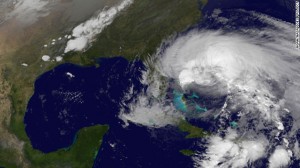If you’re considering switching your house from oil to natural gas fuel, it is a huge decision that requires careful consideration. Whether your boiler needs to be replaced or if the price of oil in your area has skyrocketed, switching to natural gas can be a good option for some homeowners. Below we outline some of the major considerations you should think about before switching over.
Availability of Natural Gas
While the United States is experiencing a boom in natural gas production, it still isn’t available everywhere. Depending upon where you live, you might be out of luck simply because the infrastructure isn’t there yet.
Cost of Conversion
This tends to be the area that discourages some homeowners from making the jump. The cost of converting your home from an oil-fired furnace to natural gas can expensive. However, some homeowners make that up in energy savings within 5 years. Obviously, that time-frame can vary drastically by region and your specific situation. If you don’t have a natural gas line right now, one will have to be installed. That involves digging up your yard and part of the street to bury a line and connect it to the main line.
Incentives
To encourage people to make the switch to natural gas, some gas companies will offer certain rebates or other incentives to reduce the initial cost of installation. These vary by region and company, but some will pay for a new gas-fired heater or pay to remove your old oil tank from your property.
If you have questions about switching to natural gas from oil, call the experts at Carney Plumbing, Heating & Cooling. We have years of experience helping our customers in Lansdale make the switch from oil to natural gas. Our friendly heating experts are available to talk to you and discuss your situation.

 CNN Reports
CNN Reports